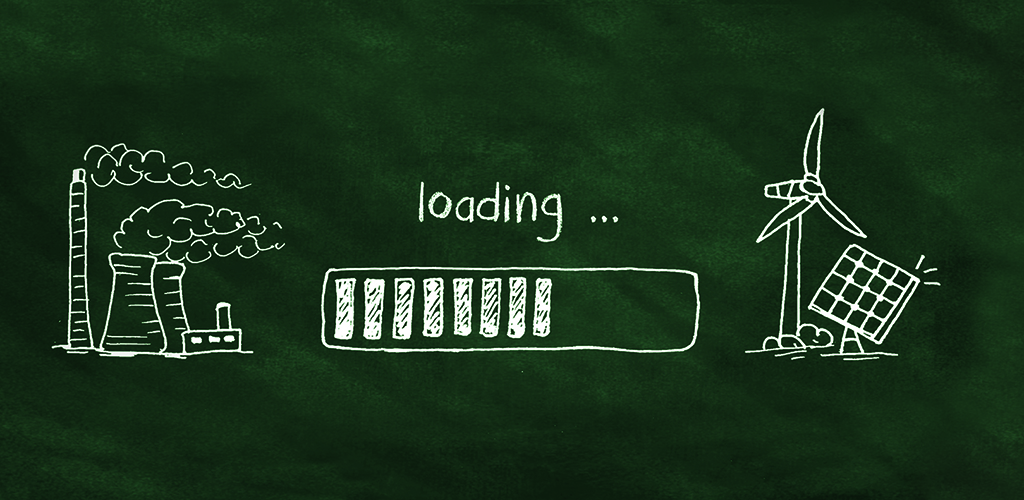Global Energy Crisis in ‘Unchartered Territory’

By Margaret Kidd
 Spanish sociologist Manuel Castells said in The Information Age: Economy, Society and Culture, Volume I, The Rise of the Network Society, that “the global economy is now characterized by the almost instantaneous flow and exchange of information, capital, and cultural communication. These flows order and condition both consumption and production. The networks themselves reflect and create distinctive cultures. Both they and the traffic they carry are largely outside national regulation.”
Spanish sociologist Manuel Castells said in The Information Age: Economy, Society and Culture, Volume I, The Rise of the Network Society, that “the global economy is now characterized by the almost instantaneous flow and exchange of information, capital, and cultural communication. These flows order and condition both consumption and production. The networks themselves reflect and create distinctive cultures. Both they and the traffic they carry are largely outside national regulation.”
There is no question that our current global economy and community have been presented enormous challenges in a Covid-19 world, one that was focused on energy transition. Now those challenges have grown exponentially with the Russian war on Ukraine, but within those challenges there lay many opportunities for those willing to meet these obstacles head on in the global energy capital projects sector.
 As a result of environmental, social and governance, or ESG, pressures from the financial community, there has been tremendous underinvestment in the oil and gas sector. Listening to a session during CERAWeek featuring H.E. Mohammad Sanusi Barkindo, secretary general of the Organization of the Petroleum Exporting Countries, or OPEC, and Jeffrey Currie, global head of commodities research in global investment research at Goldman Sachs International, was an additional reminder of the necessity to have parallel systems during energy transition.
As a result of environmental, social and governance, or ESG, pressures from the financial community, there has been tremendous underinvestment in the oil and gas sector. Listening to a session during CERAWeek featuring H.E. Mohammad Sanusi Barkindo, secretary general of the Organization of the Petroleum Exporting Countries, or OPEC, and Jeffrey Currie, global head of commodities research in global investment research at Goldman Sachs International, was an additional reminder of the necessity to have parallel systems during energy transition.
OPEC Secretary General Barkindo frankly shared during CERAWeek “that in the 60 years of OPEC there had been seven major cycles in the oil and gas sector, OPEC’s role was not political but one of assuring stability in the energy markets, and OPEC never anticipated what is occurring today in terms of a global energy crisis of historic proportions – simply in unchartered territory.”
Notably, Barkindo said that there’s a perception of shortages, but the impact of sanctions placed on Russia would catch up and it would “take a magician” to continue the production and export of seven to eight million barrels of oil a day in Russia.
Shortages Cannot Be Absorbed
Adding to the conversation during CERAWeek was Goldman Sachs’s Currie, who shared “that the war on climate change and ESG investing has led to significant underinvestment in the entire commodity complex of oil and gas, metals, and grains at a time of tightness in the market and low inventories hit with shortages that the system cannot absorb.” Russia is the second-largest producer of commodities and the reaction of sanctions on Russia has created a great deal of uncertainty around risk and corporate social responsibility. Currie said, “we are seeing a revenge of the old economy as investments were redirected into the new economy that aligned with ESG and the resulting underinvestment has circled back at the worst time for the global interconnected economy.”
During what is materializing as one of the most unprecedented times in history in terms of climate crisis, environment, and energy security, there remains opportunity in the global energy capital projects sector. Every citizen of the world needs unregulated access to energy, on a viable and affordable basis. Clearly one more reminder that it’s time to take energy security seriously and meet these obstacles head on in the global energy capital projects sector with new investments.
Margaret Kidd is program director, supply chain & logistics technology at the University of Houston.
